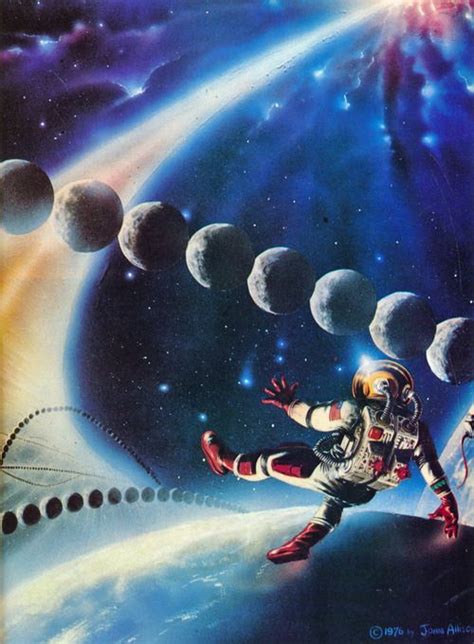A Quote by George Packer
I'm reading a bunch of fiction by Afghan and Iraq War veterans for a New Yorker piece. There hasn't been that much, but it's starting to come out, and some of the fiction is really good.
Related Quotes
Writing fiction is not a profession that leaves one well-disposed toward reading fiction. One starts out loving books and stories, and then one becomes jaded and increasingly hard to please. I read less and less fiction these days, finding the buzz and the joy I used to get from fiction in ever stranger works of non-fiction, or poetry.
I remember reading an interview with a writer who said that in nonfiction if you have one lie it sort of messes it up. But in fiction the real details give you so much more credibility, because people do so much research just to write fiction. In fiction you're trying to recreate something lifelike.
In some ways I spend longer at non-fiction because there are a lot of different threads to bring together. But non-fiction is more reflective than immersive. The problem with fiction sometimes is that you have to leave the real world to enter the fictional one. And that takes so much, goes into your head for so long?.?.?.?I don't know, I just feel less inclined toward that these days, and more inclined to remain in my own life. I do like really good fiction, but it's getting harder to hold my attention in a novel.
I really need to know where I'm going with fiction to write it in a way that at least I'm happy with. And I really think that a lot of fiction books end badly because terrific writers said, "I'll just figure it out" and plunge in, but have created so many problems that they are kind of impossible to solve. I mean, I'm talking really good writers do this and you can tell when they got to the end they either had to do something preposterous or they just don't really resolve things. So for fiction I spend a lot more time outlining and for humor I really don't do much of it.
"Hard" science fiction probes alternative possible futures by means of reasoned extrapolations in much the same way that good historical fiction reconstructs the probable past. Even far-out fantasy can present a significant test of human values exposed to a new environment. Deriving its most cogent ideas from the tension between permanence and change, science fiction combines the diversions of novelty with its pertinent kind of realism.
I would say that most of my books are contemporary realistic fiction... a couple, maybe three, fall into the 'historic fiction' category. Science fiction is not a favorite genre of mine, though I have greatly enjoyed some of the work of Ursula LeGuin. I haven't read much science fiction so I don't know other sci-fi authors.
I was reading Raymond Chandler very much with the feminist eye. In six of his seven novels, it's the woman who presents herself in a sexual way, who is the main bad person. And then you start reading more fiction, whether crime fiction or straight fiction, it's just bad girls trying to make good boys do bad things, going all the way back to Adam and Eve. The woman that thou gavest me made me do it, Adam says to God.
As you see, I bear some resentment and some scars from the years of anti-genre bigotry. My own fiction, which moves freely around among realism, magical realism, science fiction, fantasy of various kinds, historical fiction, young adult fiction, parable, and other subgenres, to the point where much of it is ungenrifiable, all got shoved into the Sci Fi wastebasket or labeled as kiddilit - subliterature.







































